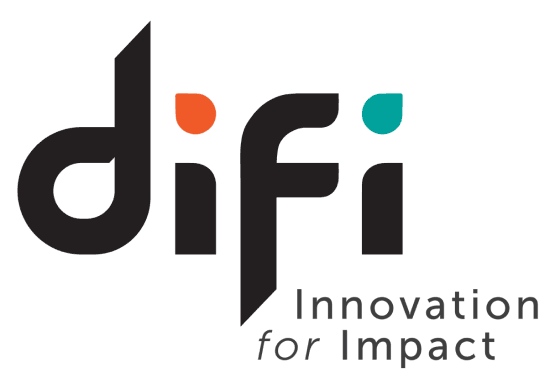As part of our commitment to support nature-based economy and sustainability investment, DIFI is currently implementing the Impact Baseline & Progress Measurement project for Koalisi Ekonomi Membumi (KEM). This project aims to measure both initial and ongoing progress of KEM to build an inclusive, sustainable, and community-driven economy in Indonesia.
Koalisi Ekonomi Membumi (KEM) is a collective movement focusing on developing a nature-based economy with the primary goal of accelerating sustainable investment in Indonesia, strengthening supply chains that integrate local wisdom and environmental conservation values. It works toward achieving three key targets:
- Integrating 100 districts into sustainable regional development.
- Engaging 100 business entities in sustainable value chains through collaborative mechanisms.
- Mobilizing USD 200 million in investments toward sustainable businesses within KEM’s ecosystem.
KEM divides its indicators into several impact categories, each directly connected to the 3 main impact themes and 5 supplementary impact themes. The main impacts are:
-
Value Chain Collaboration Canvas (VC3)
VC3 is KEM’s primary approach to build cross-sector collaboration across the value chain. It facilitates collaboration among community groups, cooperatives, MSMEs, private sector organizations, and financial institutions. The measurement focuses on the number of entities that have joined and are actively participating in this collaborative framework. -
Sustainable Investment Mobilization
This indicator tracks the total value & mobilization of commitments to sustainable financing, both public and private, that support sustainable economic activities within KEM’s target areas. It includes data on the types of investments, targeted sectors, and the impact intended by each investment. -
Regional Intervention and Engagement
This indicator measured the number of regions that have received interventions from KEM. It shows the geographic reach and influence of KEM on regional sustainability initiatives, including provinces, districts, or villages that have received the program’s support, assistance, or other forms of intervention.
In addition to these primary impact themes, other areas of impact were also considered, including social impact and empowerment, environmental impact, Panduan Investasi Lestari (PIL), policy and regulatory impact, and institutional growth of KEM.
Through this project, DIFI is committed to support Koalisi Ekonomi Membumi to create a more inclusive, sustainable, and nature-based economy in Indonesia by providing the impact baseline & progress measurement to build a deeper understanding of progress and impact across the KEM ecosystem.
To learn more about our other impactful initiatives, follow DIFI on LinkedIn.

